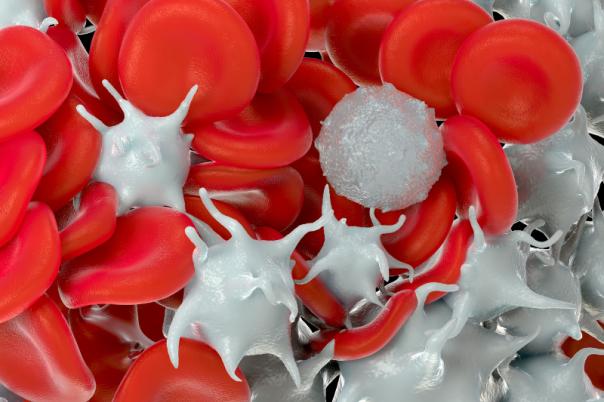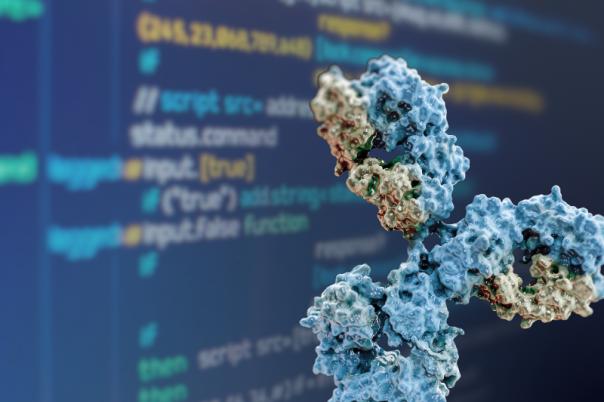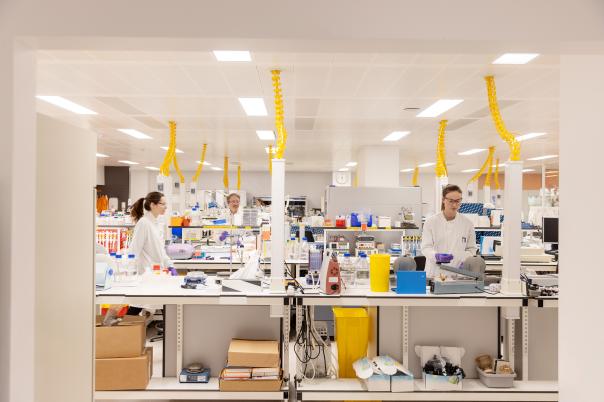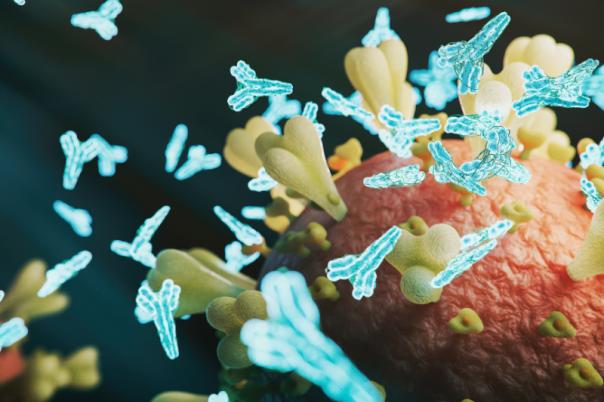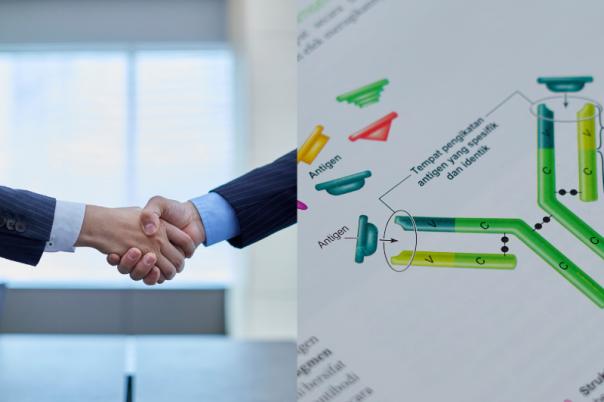Although ADCs (antibody-drug conjugates) are taking the scientific world by storm, their approval rate remains very low. Jeffrey Leyton, Associate Professor at the University of Ottawa attributed the low approval rate (0.1% to a lack of structural diversity and a poor understanding of how they interplay with cancer biology. Leyton said: “Out of those 6500, only 18% are different antibodies, 8% are different linkers, 7% are different payloads. When you get down to the targets, you really start to lack diversity, with only 5% original different targets that exist out there,” he continued, “People are just repeating, rinsing, and repeating, thinking that putting an ADC linker payload will work, but it's not the case.”
As a result, Leyton and his group explored how we can predict the efficacy of ADCs. He outlined 3 key principles that can determine ADC efficacy: preferential antigen expression, rapid internalisation, and efficient lysosomal targeting. One key challenge is that approved ADCs show such a broad range of internalisation and degradation activities that it is difficult to identify common themes. Leyton commented: “Some ADCs show good internalization and degradation with strong clinical impact, while others show poor internalization but still degrade. HER2 cannot infiltrate the cells very well and it is known for poor recycling.”
So, to predict a successful ADC design, Leyton introduced ADCpedia, an AI discovery based on integrating biologics and omics data into a deep learning model. The ADCpedia database contains over 1,000 curated ADC entries with information on payloads, linkers, antigens, DAR, and IC50 values. However, the standout feature is the cell passport data, which consists of 348 tumour cell lines with embedded features and activity.
Furthermore, gaps in biological data, like protein expression levels, are addressed using machine learning models. Independent validation tests demonstrated the platform’s strong predictive power, achieving approximately 94% accuracy. Notably, ADCPedia could predict the performance of ADCs and cell lines not included in its original training set, demonstrating its adaptability.
Overall, ADCpedia marks important progress in integrating biology and AI tools to optimise ADC development. However, Leyton noted that the model is not perfect and in some cases, it cannot accurately predict ADC performance, nevertheless, it holds promise as an early-phase ADC evaluation method.


